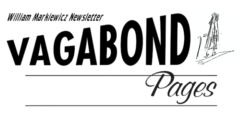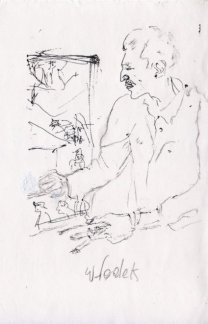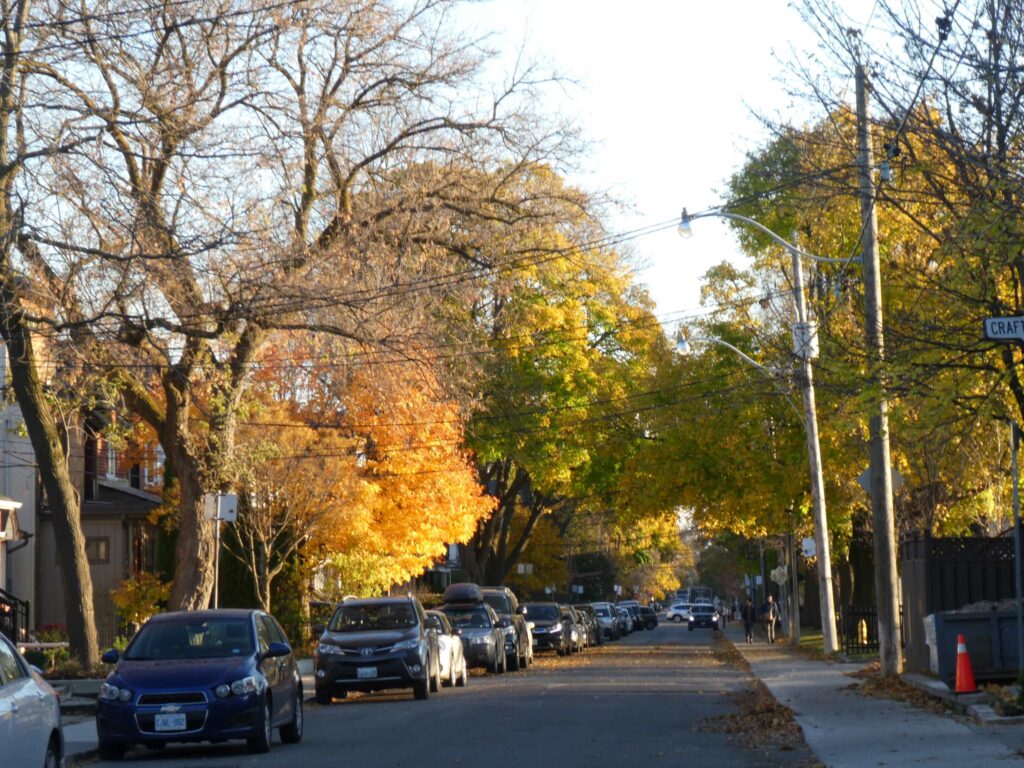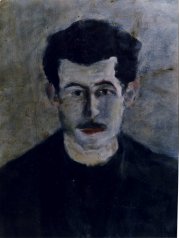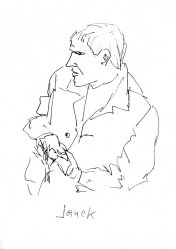In the past, people were divided into believers and atheists; they followed either their gurus or their senses and their down to earth logic. Now things are more complicated; there are degrees in almost everything. Materialists are shaken by Relativity and Quanta while, for many believers, the gurus’ faith and authority come into question.
When agnostics start to dig into the Holy Scriptures, it resembles those ancient alchemists whose research often brought unimagined results. A.J. Jakobs, a New York author, an agnostic, spent a whole year living the Bible literally, … Read More
